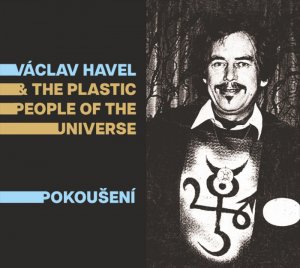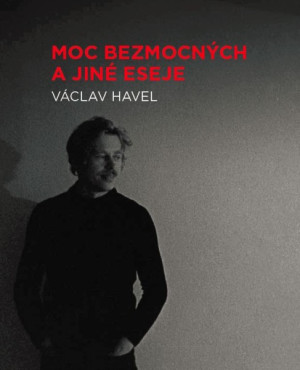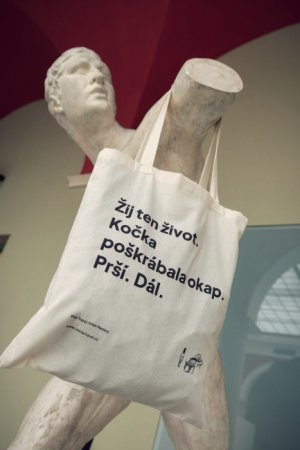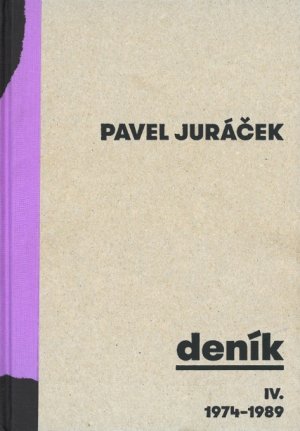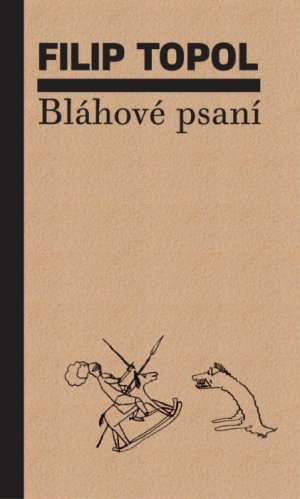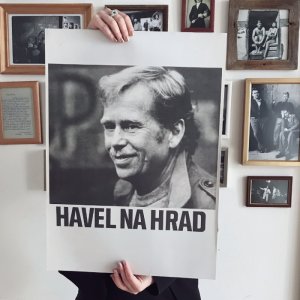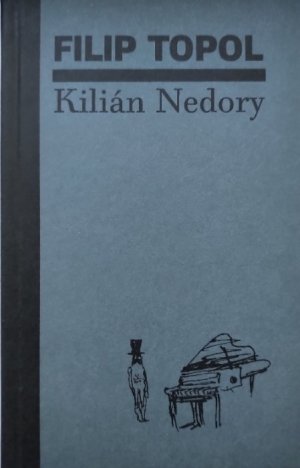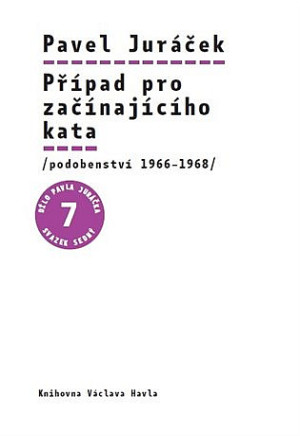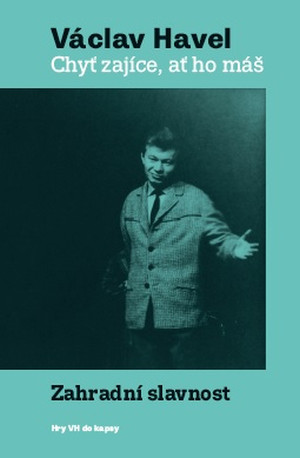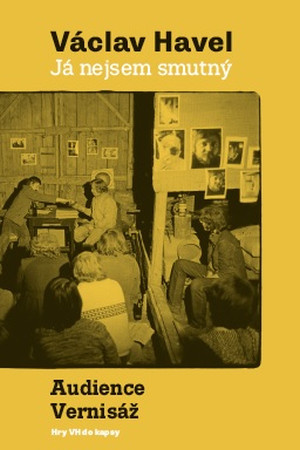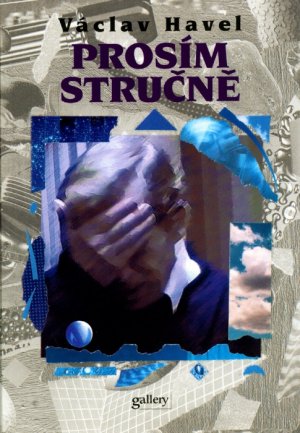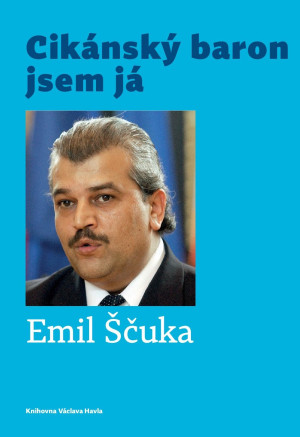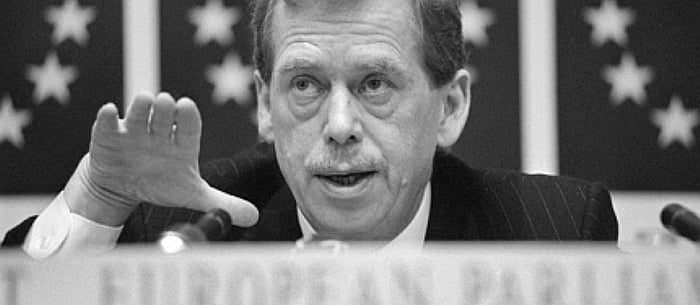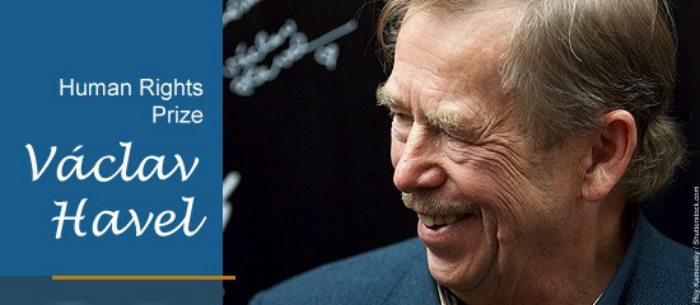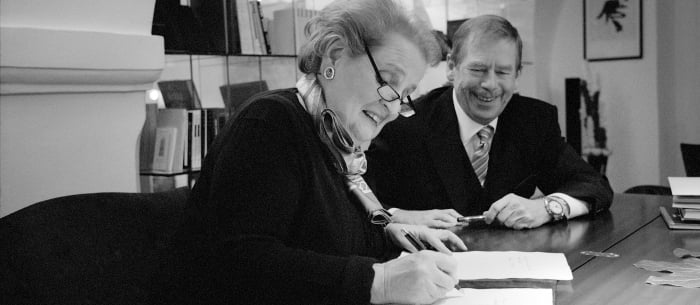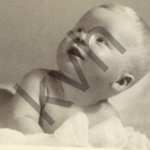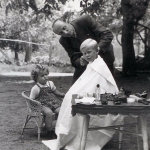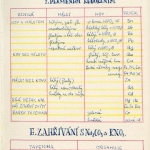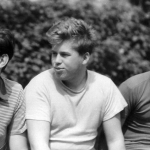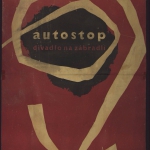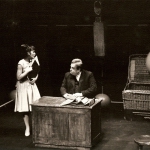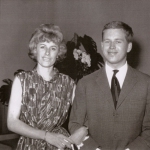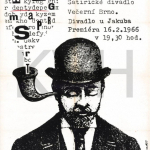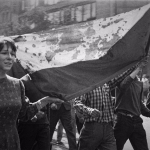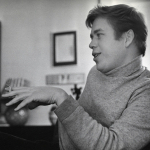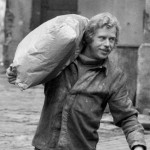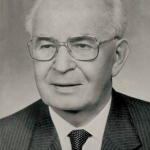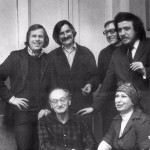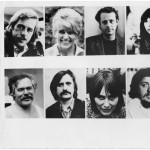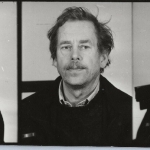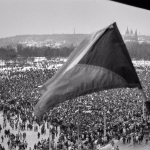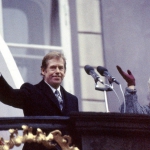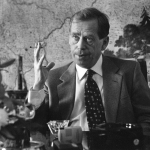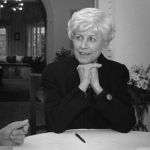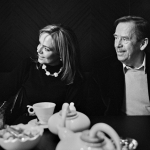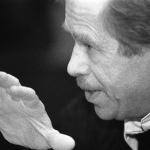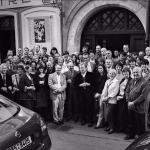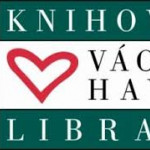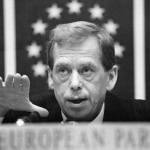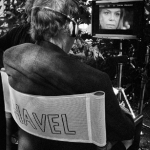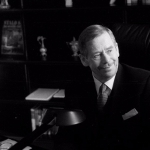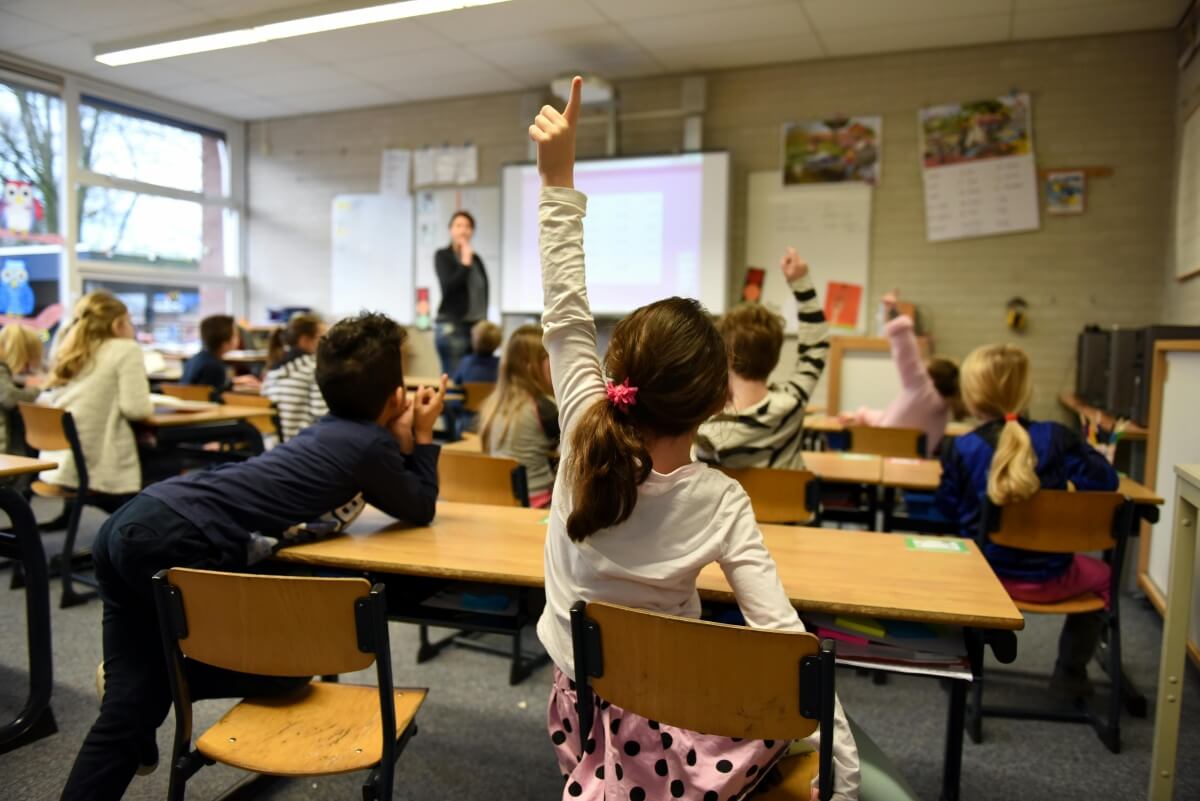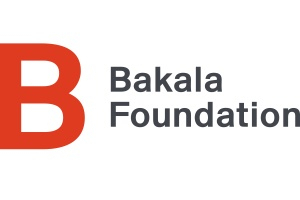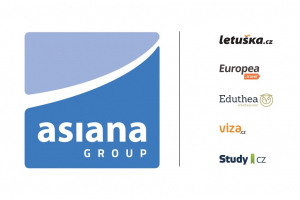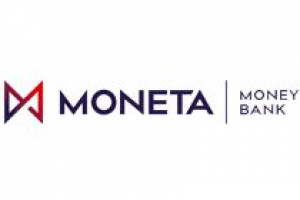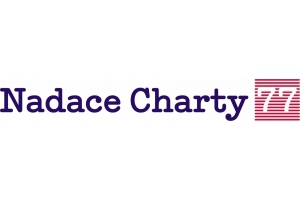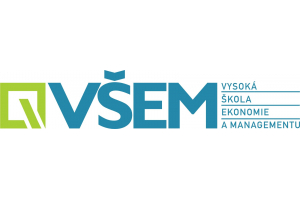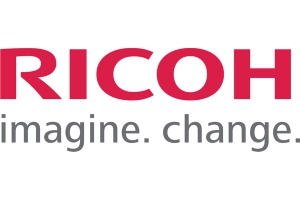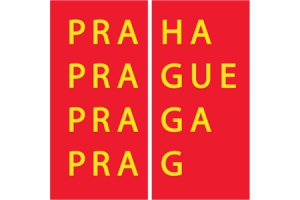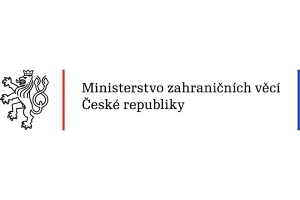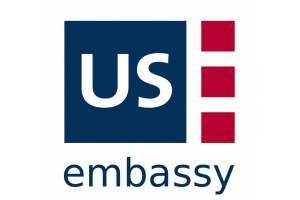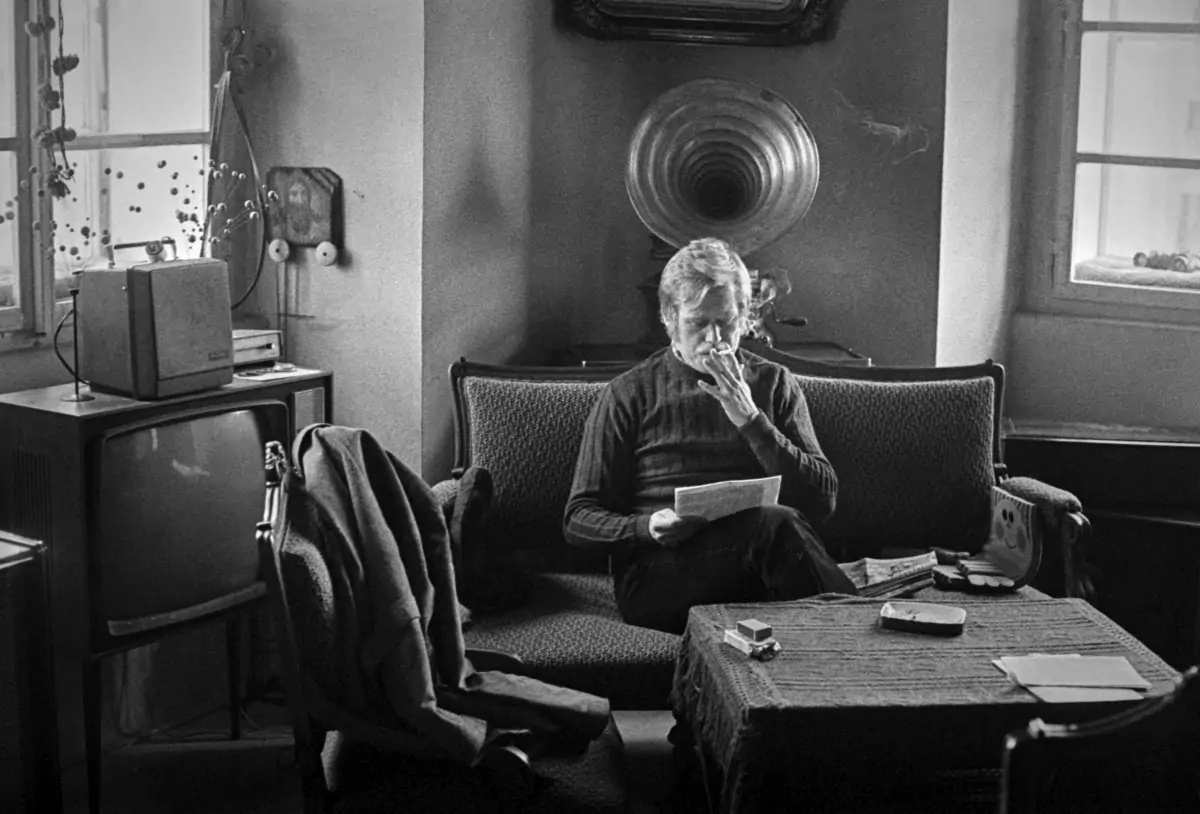
Club / News / Program
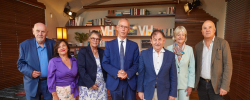
Three candidates shortlisted for the 2023 Václav Havel Prize 05/09/23
The selection panel of the Václav Havel Human Rights Prize, which rewards outstanding civil society action in defence of human rights in Europe and beyond, has today announced the shortlist for the 2023 Award. Meeting in Prague today, the panel – made up of independent figures from the world of human rights and chaired by the President of the Parliamentary Assembly of the Council of Europe (PACE) Tiny Kox – decided to shortlist the following three nominees, in alphabetical order: More
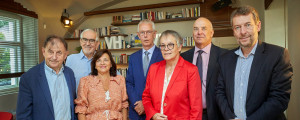
Three candidates shortlisted for the 2022 Václav Havel Human Rights Prize 06/09/22
The discussion among the seven-member jury helmed by the president of the Parliamentary Assembly of the Council of Europe centred on the importance of the issue of human rights during this tense period. The finalists include Vladimir Kara-Murza, a political prisoner and leading Russian democracy campaigner; Ukraine’s 5 AM Coalition, which gathers evidence of human rights abuses stemming from Russia’s invasion of the country; and Hungary’s Rainbow Coalition defending LGBTQIA+ rights. “This year’s selection reflects the central role that human rights play in the current European crisis,” says Michael Žantovský, jury member and executive director of the Václav Havel Library, which bestows the prize in cooperation with the Parliamentary Assembly of the Council of Europe and Nadace Charty 77.
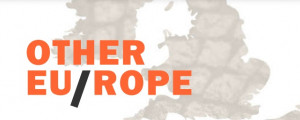
The Other Europe 27/04/22
Dear Friends, After three years we have completed the international project The Other Europe, during which, in cooperation with partner institutions, we have processed and made public recordings of interviews shot in 1987 and 1988 behind the Iron Curtain, and in exile, with important representatives of the opposition and the arts, as well as random citizens. Over those three years we have prepared video, audio and text of 106 interviews in speakers’ native languages and English translation. Despite public health restrictions in the Covid period, we have jointly prepared 16 international conferences and public presentations in six Central and Eastern European states. More
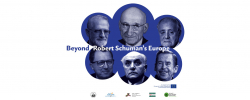
From Schuman to Havel – what next? 16/02/22
The Václav Havel Library is a proud partner of the project Beyond Robert Schuman’s Europe More
Program for April 2013<>
entry-free
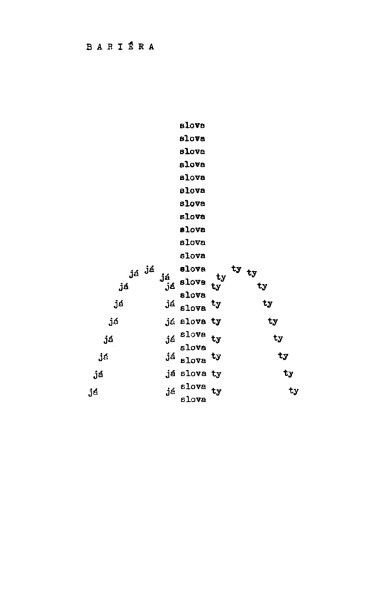
Václav Havel’s Anticodes
- Where: National Theatre Piazzeta, Prague
- When: March 12, 2013, 17:00 – April 7, 2013, 18:00
An exhibition composed of the most interesting visual poems from Václav Havel’s Anticodes. The Václav Havel Library is putting on the show in cooperation with the National Theatre on the occasion of the publication of a newly expanded edition of the Anticodes collection and the premiere of a theatrical production of Anticodes by the Laterna Magika ensemble at the New Stage.
The exhibition runs until 7 April 2013.
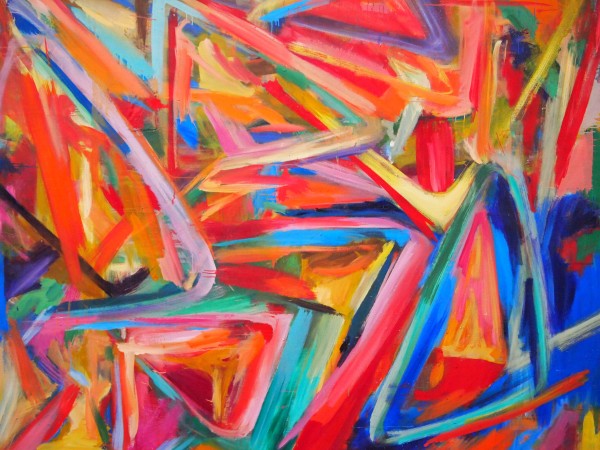
Jan Bačkovský: How Else
- Where: Montmartre Gallery
- When: March 26, 2013, 19:00 – April 28, 2013, 18:00
Jan Bačkovský (born 1957, Hradec Králové) is a member of the generation of painters of the 1980s and exhibited in Confrontation group shows. Between 1979 and 1985, he studied at the Academy of Fine Arts in the studio of monumental art under Professor Arnošt Paderlík. He originally focused on figural painting, before gradually switching to the abstract expression that he devotes himself to today.
The Václav Havel Library is presenting works thatJan Bačkovský has produced this year. They are large-format oil paintings that produce a strongly elemental impression via expressive gestic brushstrokes. In recent years, the painter’s artistic signature has stabilised around a system of vertical and horizontal strokes that intersect and cross, crashing into and supporting one another. It is, in my view, just in these overlaps and in what takes place between them that the magic of his pictures lies. Sometimes their layout conjures an impression that is almost harmonious, in a manner similar to Renaissance works; at other times their apparent randomness and expansiveness capture the world’s ungraspable nature. Clear colours give the canvasses a strong expressiveness that radiates from them, creating an almost physical sensation of taste. Their size also makes a physical impression on the viewer. As Mark Rothko said: “To paint a small picture is to place yourself outside your experience, to look upon an experience as a stereopticon view or with a reducing glass. However you paint the larger picture, you are in it.” And that is the main strength of Bačkovský’s paintings.
Bačkovský himself speaks about his motives for creativity as a distraction from everyday reality. He says: “I don’t know if my paintings differ at all. I’m always painting one picture. This personal position shaped by a large canvas is, from today’s predominantly scientifically descriptive view of the world, hugely liberating.”
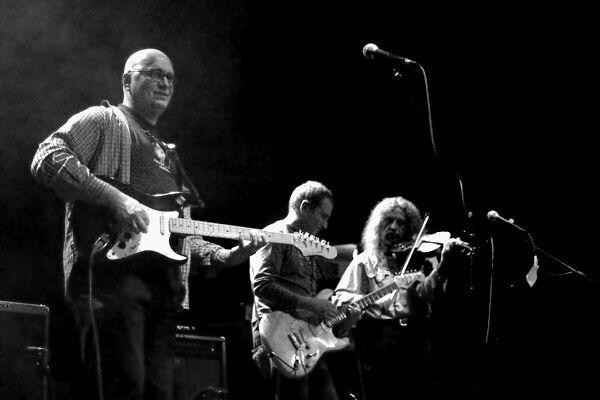
Czech Underground IV. Jan Macháček: Czech Underground Music
- Where: Montmartre Gallery
- When: April 3, 2013, 10:30 – 12:15
The Czech Underground is a series of lectures organised by the Faculty of Humanities at Charles University in cooperation with the Václav Havel Library. Its aim is to explore the collective memory of the underground phenomenon in modern Czech history. Speakers will include those who were directly involved in underground activities.
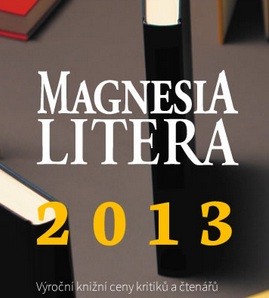
Magnesia Litera II.
- Where: Montmartre Gallery
- When: April 3, 2013, 19:00 – 21:00
The Litera civic association presents readings by authors nominated in several categories in this year’s Magnesia Litera book awards at the Václav Havel Library.
Jiří Hájíček (from 8.00 PM), Věra Koubová, Anna Blažíčková and Jakuba Katalpa will take part in this reading.
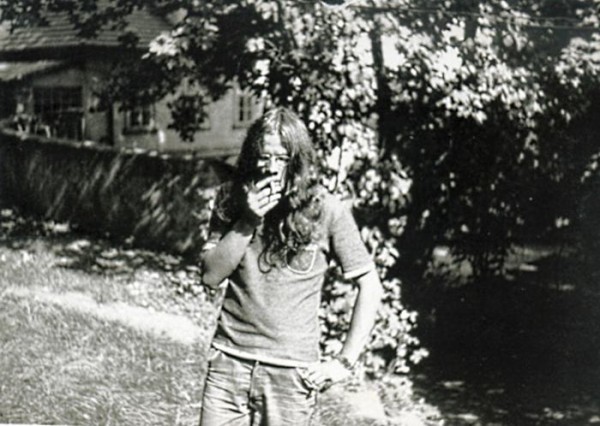
The Czech Dissent – Victims or Resisters?
- Where: Montmartre Gallery
- When: April 4, 2013, 18:00 – 20:00
Journalist Petruška Šustrová, Evangelical pastor Miloš Rejchrt, historian Tomáš Bursík and writer Petr Placák will take part in this public debate.
Journalist and analyst Jan Macháček will moderate.
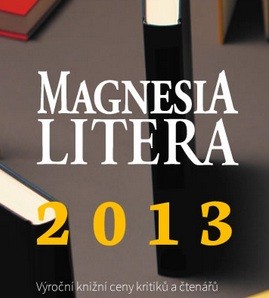
Magnesia Litera III.
- Where: Montmartre Gallery
- When: April 10, 2013, 19:00 – 21:00
The Litera civic association presents readings by authors nominated in several categories in this year’s Magnesia Litera book awards at the Václav Havel Library. Alena Dvořáková, Jakub Řehák and Pavel Horák will take part in this reading.
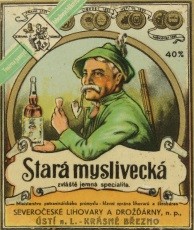
The Hunter in the Dissent
- Where: MUMIE - experimental space, Velká Hradební 50, 40001 Ústí nad Labem
- When: April 10, 2013, 19:30 – 21:30
A screening of Krystyna Krauz’s documentary about Václav Havel, Our Vašek, in which the Ústí “hunter” appears. František “Čuňas” Stárek will be a guest at the screening, which will also be accompanied by a lecture by historian Martin Krsek entitled The Ústí hunter as a source of inspiration to the famous.
The event is being held by the statutory town of Ústí nad Labem in cooperation with the Václav Havel Library.
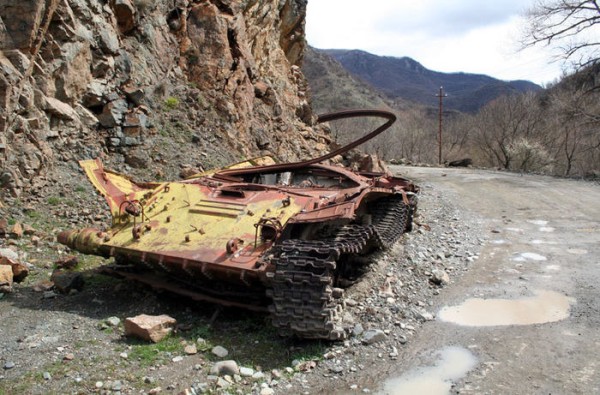
Nagorno-Karabakh
- Where: Montmartre Gallery
- When: April 11, 2013, 19:00 – 21:00
Historical excursion and sore points of the South Caucasus. Another continuation in a series of documentary films and debates with journalist Petruška Šustrová.
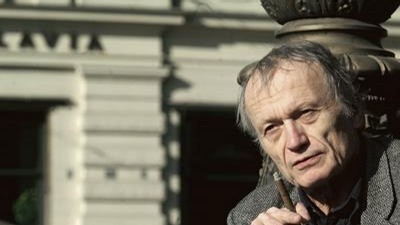
Petr Král: Paths to the Bottom
- Where: Montmartre Gallery
- When: April 16, 2013, 19:00 – 21:00
Evening with the writer, translator and essayist Petr Král.
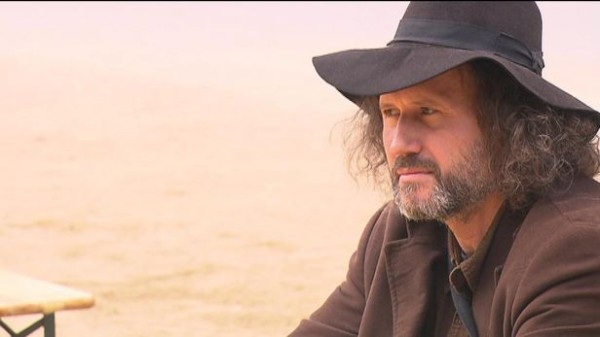
Czech Underground V. Petr Placák: "České děti" and other activities of the opposition
- Where: Montmartre Gallery
- When: April 17, 2013, 10:30 – 12:15
The Czech Underground is a series of lectures organised by the Faculty of Humanities at Charles University in cooperation with the Václav Havel Library. Its aim is to explore the collective memory of the underground phenomenon in modern Czech history. Speakers will include those who were directly involved in underground activities.
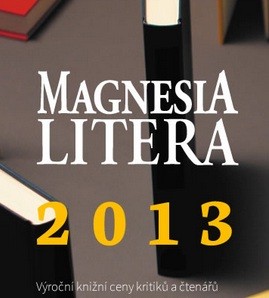
Magnesia Litera IV.
- Where: Montmartre Gallery
- When: April 17, 2013, 19:00 – 21:00
The Litera civic association presents readings by authors nominated in several categories in this year’s Magnesia Litera book awards at the Václav Havel Library.
Milan Děžinský, Jaroslav Žváček and Jiří Dvořák will take part in this reading.
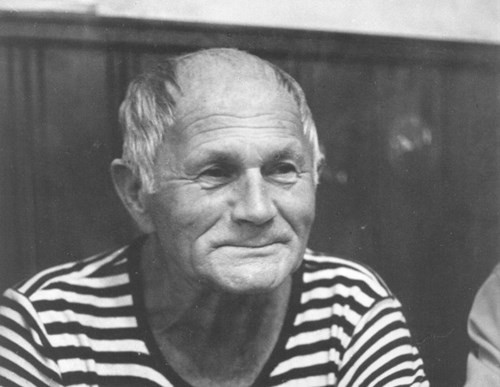
Monodrama II. Bohumil Hrabal – Jarmilka
- Where: Montmartre Gallery
- When: April 18, 2013, 19:00 – 21:00
The second evening in a series of staged readings of chamber pieces by Czech and foreign writers is dedicated to Bohumil Hrababl. His novella Jarmilka (1952) is a rawly realistic fragment of the biography of a character from the Poldi smelting works in Kladno as well as an unsanitised account of the building of socialism in Bohemia at the turn of the 1940s and ‘50s.
Director Vojtěch Bárta, dramaturge of the Činoherní studio theatre in Ústí nad Labem.
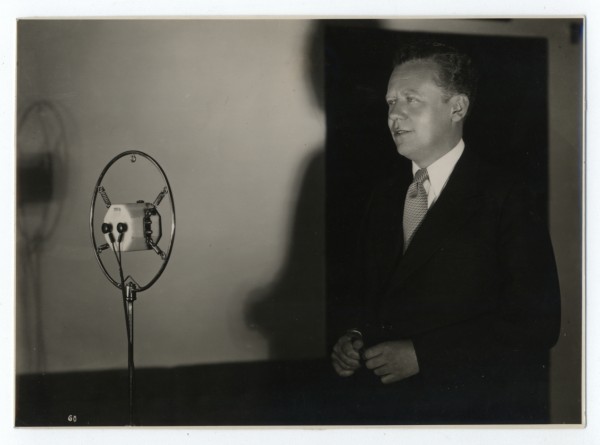
Miloš Havel – Czech Film Magnate
- Where: Lucerna Palace, Štěpánská 61, 116 02 Praha 1
- When: April 22, 2013, 19:00 – 21:00
Ceremonial presentation of Krystyna Wanatowiczová’s book “Miloš Havel – český filmový magnát” (“Miloš Havel – Czech Film Magnate”) (Václav Havel Library Editions, volume 6) in conjunction with screenings of the films “Zajatý hlas” (“Captive Voice”, Jiří Lehovec) and “Šťastnou cestu” (“Bon Voyage”, Otakar Vávra).
Admission costs a token CZK 30.
The ceremonial evening is part of the project This is Lucernafilm!
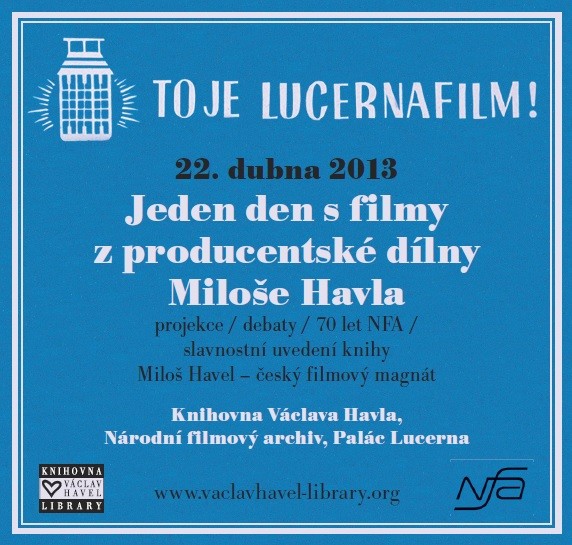
This is Lucernafilm!
- Where: Lucerna Palace, Štěpánská 61, 116 02 Praha 1
- When: April 22, 2013, 09:00 – 22:00
A day of films produced by Miloš Havel, the uncle of President Václav Havel, held on the occasion of the publication of Krystyna Wanatowiczová’s book “Miloš Havel – český filmový magnát” (“Miloš Havel – Czech Film Magnate”) by the Václav Havel Library and the 70th anniversary of the foundation of the National Film Archive.
9.00 and 11.00
THE WORLD BELONGS TO US
Morning for students and schools.
Factory for Illusions (directed by Jiří Weiss, 1938, 10 min.)
The World Belongs to Us (directed by Martin Frič, 1937, 90 min.)
15.00
KRISTIAN
Just for today…
The War for Health (directed by Jan Libora, 1938, 10 min.)
Kristian (directed by Martin Frič, 1939, 92 min.)
17.00
FROM SATURDAY TO SUNDAY
70 years of the National Film Archive NFA
We Live in Prague (directed by Otakar Vávra, 1934, 11 min.)
From Saturday to Sunday (directed by Gustav Machatý, 1931, 67 min.)
19.00
BON VOYAGE
Ceremonial presentation of the book “Miloš Havel – Czech Film Magnate”
Captive Voice (directed by Jiří Lehovec, 1939, 11 min.)
Bon Voyage (directed by Otakar Vávra, 1943, 90 min.)
This is Lucernafilm! is organised by the Václav Havel Library, the National Film Archive and Lucerna Palace.
Admission to screenings CZK 30.
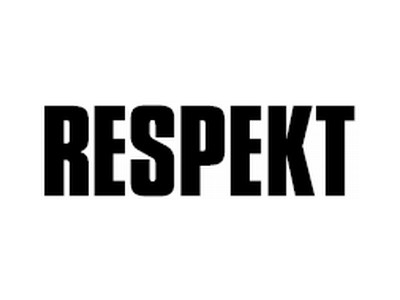
How to Find a Way Forward
- Where: Montmartre Gallery
- When: April 22, 2013, 19:00 – 21:00
Public debate on current affairs with editors from the weekly Respekt.
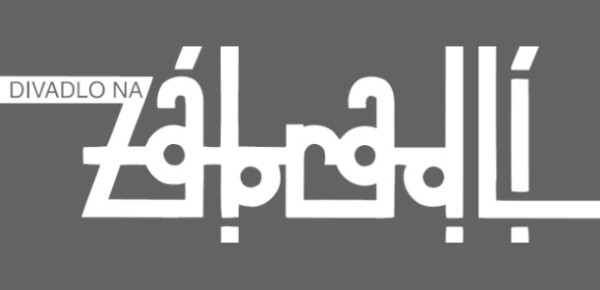
VHL Film Marathon IV: The Theatre Work of Václav Havel and his Associates
- Where: Montmartre Gallery
- When: April 23, 2013, 18:00 – 23:30
In the 1960s, Václav Havel became an important figure in the Prague theatre community. While his own work was, unfortunately, not frequently recorded on film, the inspirational environment of the 1960s studio scene – which was close to Václav Havel – did now and then make it on to the screen, as did the young playwright himself, who mainly spoke about theatrical work.
Screenings:
Fog (directed by Radúz Činčera, 1966, 28 min.)
An Evening with the Theatre on the Balustrade(directed by Věra Jordanova, 1968, 103 min.)
Playwright of More than one Generation(directed by Jindřich Procházka, 1999, 21 min.)
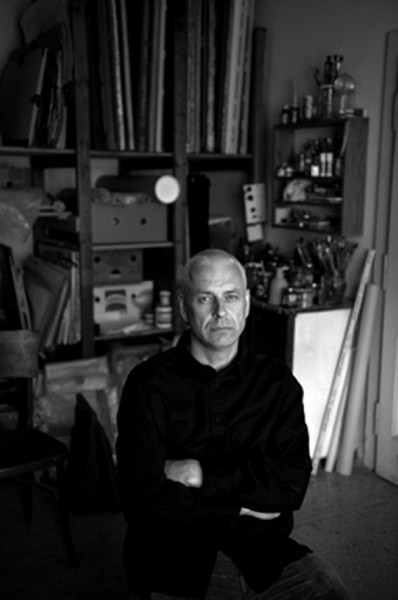
Czech Underground VI. Viktor Karlík: Czech Underground Fine Arts
- Where: Montmartre Gallery
- When: April 24, 2013, 10:30 – 12:15
The Czech Underground is a series of lectures organised by the Faculty of Humanities at Charles University in cooperation with the Václav Havel Library. Its aim is to explore the collective memory of the underground phenomenon in modern Czech history. Speakers will include those who were directly involved in underground activities.
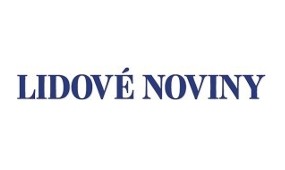
120 Years of Lidové Noviny
- Where: Montmartre Gallery
- When: April 25, 2013, 17:00 – 19:00
A literary-historical seminar on the subject of Lidové noviny (The People’s Newspaper) as a 20th century cultural phenomenon.
Jiří Holý: Lidové Noviny Literary School. Contexts and Overlaps.
Daniel Řehák: Between Brno and Prague. An Intimate Picture of the Double-Centred Editorial Staff of LN Between the Wars.
Lucie Peisertová: Gellner as Caricaturist in the Context of the Period.
Jaroslav Med: Views from the Other Bank. LN in the Fire of the Cultural Battle of the First Republic.
Jiří Peňás will moderate the seminar
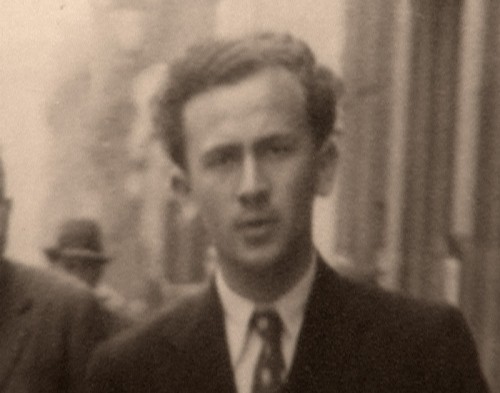
Jiří Orten Prize 2013
- Where: Montmartre Gallery
- When: April 29, 2013, 19:00 – 21:00
Readings by a trio of nominees
The evening is being organised by the Association of Czech Booksellers and Publishers.
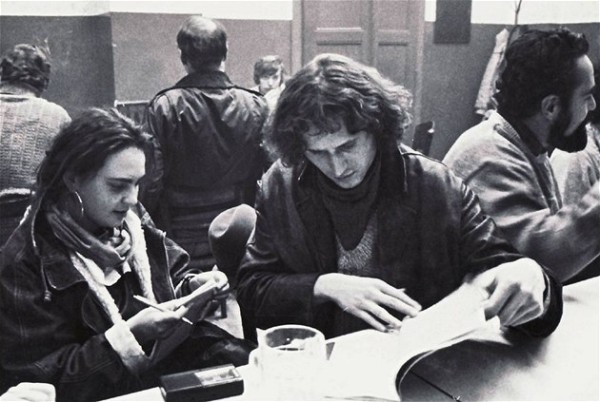
Czech Underground VII. Krystyna Krauze: Czech and Polish Underground
- Where: Montmartre Gallery
- When: April 30, 2013, 10:30 – 12:15
The Czech Underground is a series of lectures organised by the Faculty of Humanities at Charles University in cooperation with the Václav Havel Library. Its aim is to explore the collective memory of the underground phenomenon in modern Czech history. Speakers will include those who were directly involved in underground activities.
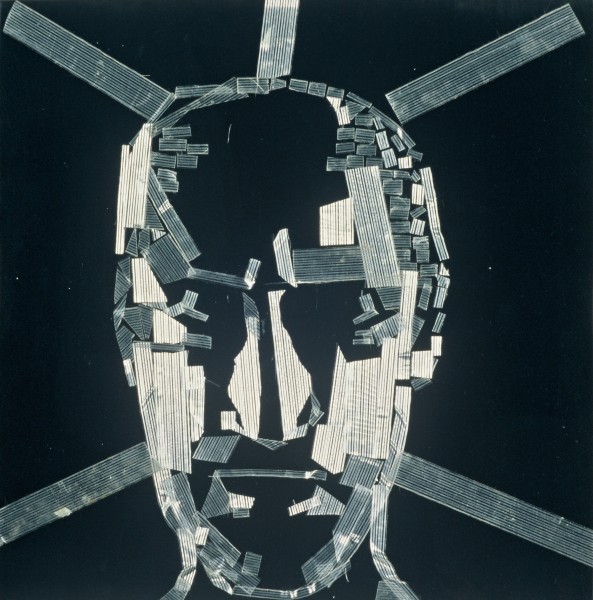
KW: Personal Apocalypse
- Where: Montmartre Gallery
- When: April 30, 2013, 19:00 – 21:00
Opening of an exhibition of KW’s paintings.
Music: DIRT
Igor Korpaczewski (born Prague, 1959), who studied at Prague’s Academy of Fine Arts between 1983 and 1989, ranks among the most unmistakable solitary artists of the ‘80s generation. He focuses systematically on the different options offered by figural depiction, which occasionally results in work that is even conceptual. Operating under the pseudonyms KW and Q, he has taken part in many projects, both at home and abroad, since the 1980s. For two decades he has been an assistant at Jiří Sopek’s studio at the Academy of Fine Arts, where his marked influence on a younger generation of artists can be seen.
At Galerie Montmartre, Igor Korpaczewski is presenting paintings from the last 20 years that reflect the title Personal Apocalypse. Silhouettes of individual figures run through all of his canvasses – simple motifs of figures shut off in their own world and space. Though they may be depictions of concrete people, they do not aim to be “realistic” portraits. Figures, living in their own universe and transfixed via their own suffering to the thread of life, look outwards. Their stories, hidden behind the pictures, create a mirror for the viewer, while their general types and unstated roles allow for self-reflection within the “I–you” relationship shorn of a symbolic context.
Another very strong aspect of the pictures is their formal expression, with Korpaczewski moving between two distinct poles: the strong modelling illusion and elements of abstraction leading to surface expression. Despite the tension of various stains, colours and rhythms, together they create a harmonious whole. Through minor details in a figure’s face, for instance, Korpaczewski allows us to look into their (or our?) interior.
In Greek, apocalypse means revelation or disclosure. In this context, the Korpaczewski exhibition can be understood as a metaphor for the struggle for survival in everyday life. The possibility of detecting leaks into our invented worlds; of looking reality in the eye.
In that respect the words of Václav Boštík, which for Igor Korpaczewski also apply to his work, can be quoted here: “Pictures are just traces along the path that we’ve been down. They are a sign of the work on ourselves. They are questions, or answers to the questions we have posed.”
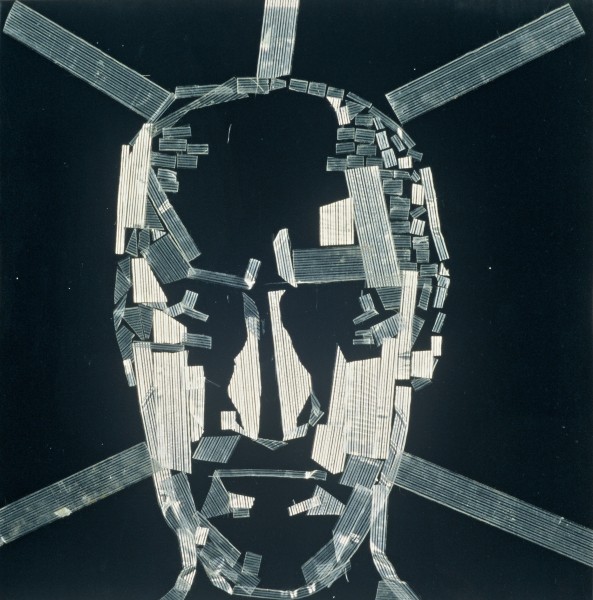
KW: Personal Apocalypse
- Where: Montmartre Gallery
- When: April 30, 2013, 19:00 – May 26, 2013, 18:00
Igor Korpaczewski (born Prague, 1959), who studied at Prague’s Academy of Fine Arts between 1983 and 1989, ranks among the most unmistakable solitary artists of the ‘80s generation. He focuses systematically on the different options offered by figural depiction, which occasionally results in work that is even conceptual. Operating under the pseudonyms KW and Q, he has taken part in many projects, both at home and abroad, since the 1980s. For two decades he has been an assistant at Jiří Sopek’s studio at the Academy of Fine Arts, where his marked influence on a younger generation of artists can be seen.
At Galerie Montmartre, Igor Korpaczewski is presenting paintings from the last 20 years that reflect the title Personal Apocalypse. Silhouettes of individual figures run through all of his canvasses – simple motifs of figures shut off in their own world and space. Though they may be depictions of concrete people, they do not aim to be “realistic” portraits. Figures, living in their own universe and transfixed via their own suffering to the thread of life, look outwards. Their stories, hidden behind the pictures, create a mirror for the viewer, while their general types and unstated roles allow for self-reflection within the “I–you” relationship shorn of a symbolic context.
Another very strong aspect of the pictures is their formal expression, with Korpaczewski moving between two distinct poles: the strong modelling illusion and elements of abstraction leading to surface expression. Despite the tension of various stains, colours and rhythms, together they create a harmonious whole. Through minor details in a figure’s face, for instance, Korpaczewski allows us to look into their (or our?) interior.
In Greek, apocalypse means revelation or disclosure. In this context, the Korpaczewski exhibition can be understood as a metaphor for the struggle for survival in everyday life. The possibility of detecting leaks into our invented worlds; of looking reality in the eye.
In that respect the words of Václav Boštík, which for Igor Korpaczewski also apply to his work, can be quoted here: “Pictures are just traces along the path that we’ve been down. They are a sign of the work on ourselves. They are questions, or answers to the questions we have posed.”
Havel Channel
Havel Channel je audiovizuální projekt Knihovny Václava Havla, jehož cílem je šířit myšlenkový, literární a politický odkaz Václava Havla, bez ohledu na vzdálenost, zeměpisné hranice či nouzové stavy. Jeho páteř tvoří debaty, vzdělávací projekty a rozhovory. Velký prostor je věnován též konferencím, autorským čtením, záznamům divadelních inscenací a koncertům. Audiovizuální projekt Knihovny Václava Havla Havel Channel se uskutečňuje díky laskavé podpoře Karel Komárek Family Foundation.
Publications / E-shop
The central focus of the Library’s publishing programme is the life and work of Václav Havel, his family and close collaborators and friends. For clarity, the programme is divided into six series: Václav Havel Library Notebooks, Václav Havel Library Editions, Student Line, Talks from Lány, Václav Havel Documents, Works of Pavel Juráček and Václav Havel Library Conferences. Titles that cannot be incorporated into any of the given series but which are nonetheless important for the Library’s publishing activities are issued independently, outside the series framework.
Diary IV. 1974–1989
399,- CZK
Foolish Writing
299,- CZK
Havel to the Castle
149,- CZK
Kilián Nedory
199,- CZK
Case for a Novice Headsman
199,- CZK
I am not sad. Audience & Vernissage
129,- CZK
To the Castle and Back
249,- CZK
I am the Gypsy Baron
299,- CZK
Conferences & prizes
Václav Havel European Dialogues
The Václav Havel European Dialogues is an international project that aims to initiate and stimulate a discussion about issues determining the direction of contemporary Europe while referring to the European spiritual legacy of Václav Havel. This idea takes its main inspiration from Václav Havel’s essay “Power of the Powerless”. More than other similarly focused projects, the Václav Havel European Dialogues aims to offer the “powerless” a platform to express themselves and in so doing to boost their position within Europe.
The Václav Havel European Dialogues is planned as a long-term project and involves cooperation with other organisations in various European cities. Individual meetings, which take the form of a conference, are targeted primarily at secondary and third-level students, as well as specialists and members of the public interested in European issues.
Prague 2022Olomouc Prague 2023PragueMnichov 2020Brussels 2020Prague 2019Brussels 2019Prague 2018Brussels 2018Europe at the Crossroads (e-book)Prague 2017Brussels 2017Prague 2016Brussels 2016Prague 2015Brussels 2015Brussels 2014Berlin 2014Prague 2014 - J. GauckBruges 2014Prague 2014
Václav Havel Human Rights Prize
The Václav Havel Human Rights Prize is awarded each year by the Parliamentary Assembly of the Council of Europe (PACE) in partnership with the Václav Havel Library and the Charta 77 Foundation to reward outstanding civil society action in the defence of human rights in Europe and beyond.
11th Year of the Prize (2023)10th Year of the Prize (2022)9th Year of the Prize (2021)8th Year of the Prize (2020)7th Year of the Prize (2019)6th Year of the Prize (2018)5th Year of the Prize (2017)4th Year of the Prize (2016)3rd Year of the Prize (2015)2nd Year of the Prize (2014)1st Year of the Prize (2013)History of the prize
Havel - Albright Transatlantic Dialogues
Since the first Václav Havel Transatlantic Dialogues at GLOBSEC and FORUM 2000 conferences last year, we have lost another stalwart advocate of the transatlantic bond and of the need to face threats to democracy and international order together on both sides of the Atlantic, the former US Secretary of State Madeleine Albright. In view of the close bond between Václav Havel and Madeleine Albright and, after Havel's death, between the Secretary and the Library, the Václav Havel Library, with the approval of Madeleine Albright's family, renamed and rebranded the program as The Havel-Albright Transatlantic Dialogues (HATD), after the two major figures with roots in Central Europe who have personified the bond. Together, Václav Havel and Madeleine Albright symbolize the transatlantic relationship and the fundamental values underpinning it perhaps better than any other two people in recent history. The upcoming Dialogues “The Indispensable Woman: The Legacy of Madeleine K. Albright”, at the FORUM 2000 conference on September 1, and at the “Havel and our Crisis” conference at Colby College, ME, on September 28, will thus become venues for a well-deserved tribute to the pair we all respected and admired.
Transatlantic Dialogues 2021Transatlantic Dialogues 2022HATD 2022 Prague
Václav Havel
Václav Havel
* 5. 10. 1936 Praha
† 18. 12. 2011 Hrádeček u Trutnova
- spisovatel a dramatik, publicista a filozof
- jeden z trojice prvních mluvčích Charty 77
- vůdčí autorita československé společenské změny v listopadu 1989
- poslední prezident Československa a
- první prezident České republiky
- celoživotní zastánce lidských práv a svobod doma i ve světě.
Educational projects
Archive / Documentation centre / Research projects
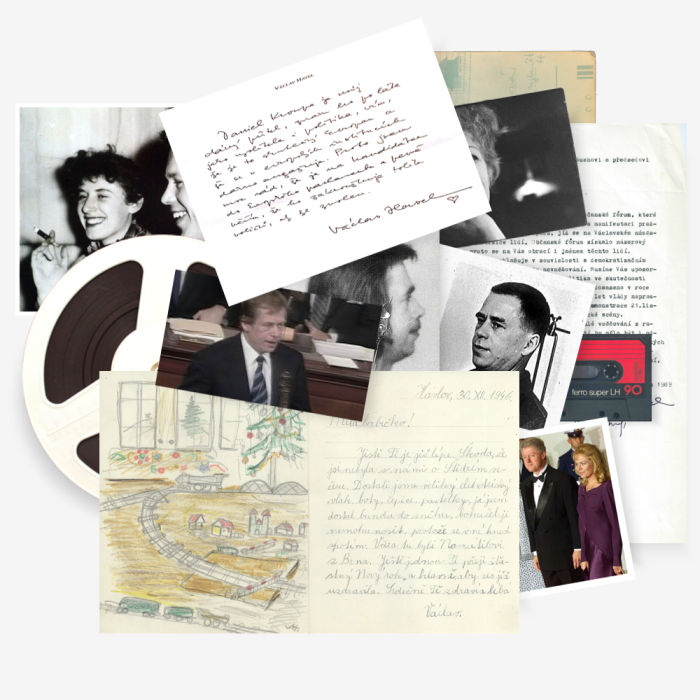
The Václav Havel Library is gradually gathering, digitizing, and making accessible written materials, photographs, sound recordings and other materials linked to the person of Václav Havel.
- 71004 records in total
- 27933 of events in the VH's life
- 2831 of VH's texts
- 2125 of photos
- 403of videos
- 568of audios
- 6604of letters
- 15101of texts about VH
- 8269 of books
- 40721of bibliography records
Access to the database of the VHL’s archives is free and possible after registering as a user. Accessing archival materials that exist in an unreadable form is only possible at the reading room of the Václav Havel Library, Ostrovní 13, 110 00 Prague 1, every Tuesday (except state holidays) from 9:00 to 17:00, or by prior appointment.
We will be glad to answer your queries at archiv@vaclavhavel-library.org.
Sign in (registered users only)
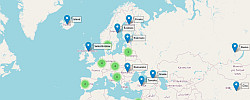
Havel in a nutshell
The virtual exhibition Václav Havel in a Nutshell places the life story of Václav Havel in the broader cultural and historic context in four chronologically distinct chapters with rich visual accompaniment. The exhibition is supplemented by the interactive map Flying the World with Václav Havel, which captures in physical form Havel’s global “footprint”.
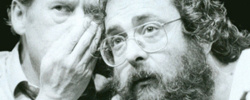
Vladimir Hanzel's revolution
Collage of recollections, images and sound recordings from Vladimír Hanzel, President Václav Havel’s personal secretary, bringing the feverish atmosphere of the Velvet Revolution to life.
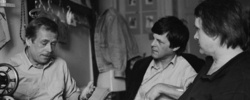
Václav Havel Interviews
A database of all accessible interviews given to print media outlets by the dramatist, writer and political activist Václav Havel between the 1960s and 1989. The resulting collection documents the extraordinary life story of an individual, as well as capturing a specific picture of modern Czechoslovak history at a time when being a free-thinker was more likely to lead to jail than an official public post.
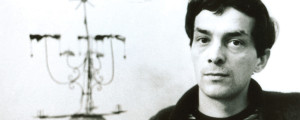
Pavel Juráček Archive
The Pavel Juráček Archive arose in February 2014 when his son Marek Juráček handed over six banana boxes and a typewriter case from his father’s estate to the Václav Havel Library. Thousands of pages of manuscripts, typescripts, photographs, documents and personal and official correspondence are gradually being classified and digitalised. The result of this work should be not only to map the life and work of one of the key figures of the New Wave of Czechoslovak film in the 1960s, but also to make his literary works accessible in the book series The Works of Pavel Juráček.
The aim of the Václav Havel Library is to ensure that Pavel Juráček finds a place in the broader cultural consciousness and to notionally build on the deep friendship he shared with Václav Havel. Soon after Juráček’s death in 1989 Havel said of him: “Pavel was a friend of mine whom I liked very much. He was one of the most sensitive and gentle people I have known – that’s why I cannot write more about him.”
All about Library
The Václav Havel Library works to preserve the legacy of Václav Havel, literary, theatrical and also political, in particular his struggle for freedom, democracy and the defence of human rights. It supports research and education on the life, values and times of Václav Havel as well as the enduring significance of his ideas for both the present and future.
The Václav Havel Library also strives to develop civil society and active civic life, serving as a platform for discussion on issues related to the support and defence of liberty and democracy, both in the Czech Republic and internationally.
The main aims of the Václav Havel Library include
- Organizing archival, archival-research, documentary, museum and library activities focused on the work of Vaclav Havel and documents or objects related to his activities, and carries out professional analysis of their influence on the life and self-reflection of society
- Serving, in a suitable manner, such as through exhibitions, the purpose of education and popularisation functions, thus presenting to the public the historical significance of the fight for human rights and freedoms in the totalitarian period and the formation of civil society during the establishment of democracy
- Organizing scientific research and publication activities in its areas of interest
Podpořte nás
We are well aware that freedom and democracy must be nurtured. Here at Ostrovní 13, but also on the audiovisual platform Havel Channel, we strive to do so through our own educational programmes, talks, discussion meetings, books, exhibitions, concerts, theatre performances. We honour Václav Havel's legacy and wish that the Library be a living organism and open to all. That is why our programme is free of charge for everyone. This would not be possible without regular financial support from our supporters. Become one of them...
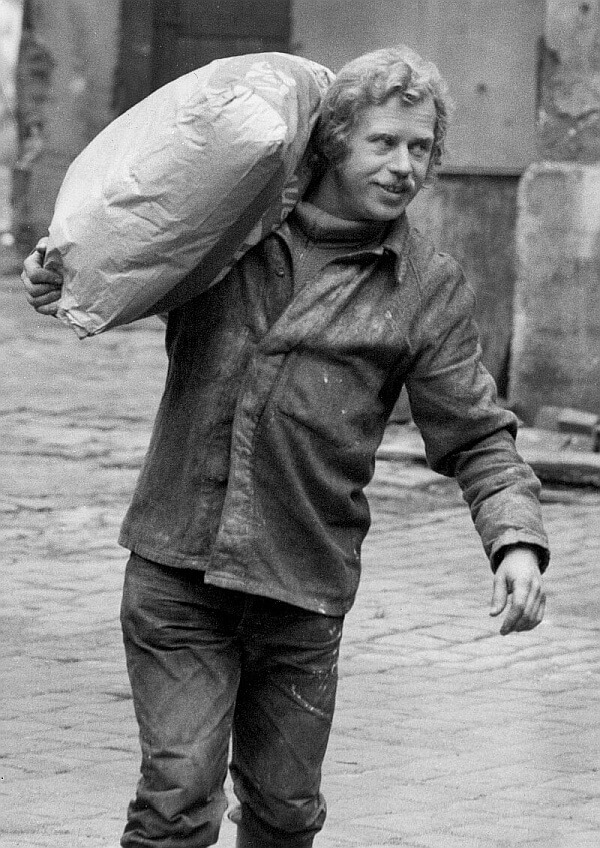
Support us with a financial donation
Does our work make sense to you and do you want to support the activities of the Vaclav Havel Library?
You can easily make a one-time payment by scanning the QR code.
Would you like to contribute regularly? Then we invite you to become a member of the Friends of the Vaclav Havel Library Club. What are the benefits of membership? Find out more.
Help us expand the archive
The Vaclav Havel Library manages an archive of writings, documents, photographs, video recordings and other materials related to the life and work of Vaclav Havel. This archive is predominantly in digital form. If you or someone close to you owns any original texts, correspondence, photographs, speeches or any other work by Vaclav Havel, we would be grateful if you could contact us.
You can donate in other ways too
Supporting a specific charitable or public benefit organization whose activities you appreciate or have been supporting for a long time is also possible through a will. This form of donation is quite common abroad, but in the Czech Republic this tradition is only just taking root.
Share information about us
The Vaclav Havel Library is open to media and promotional cooperation, mutual sharing of links, publishing our banners or information about our events.
For more information, please contact us.
Donations have their rules
At the Vaclav Havel Library, we uphold a transparent, responsible and ethical way of dealing with all those who contribute to fulfilling our purpose and implementing our strategy. Our code of ethics summarizes the basic rules of donations.
Get involved in volunteering
Would you like to get involved as a volunteer? That's great. We welcome anyone who wants to help our work.








